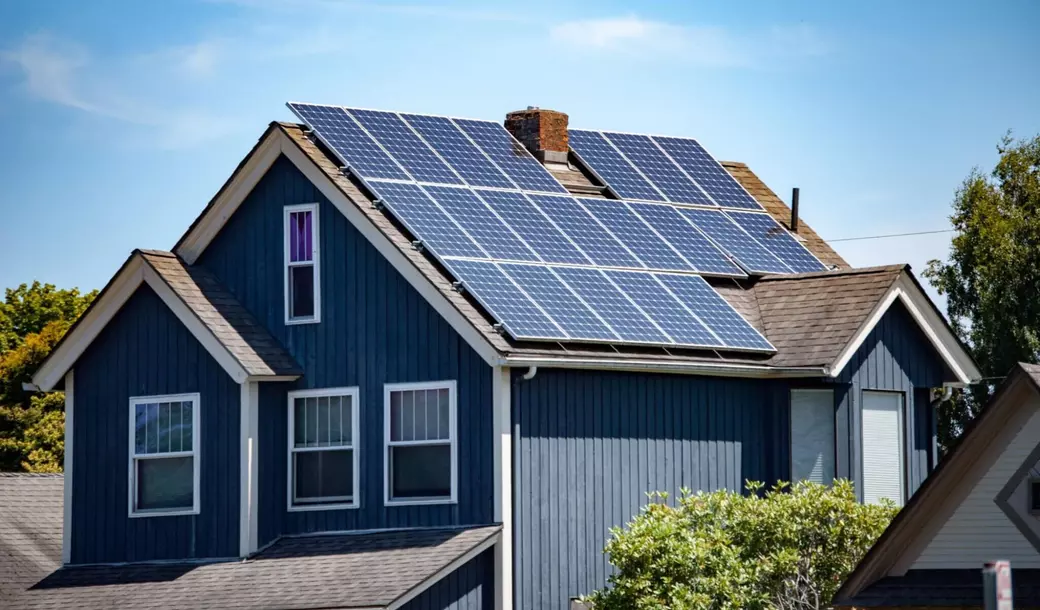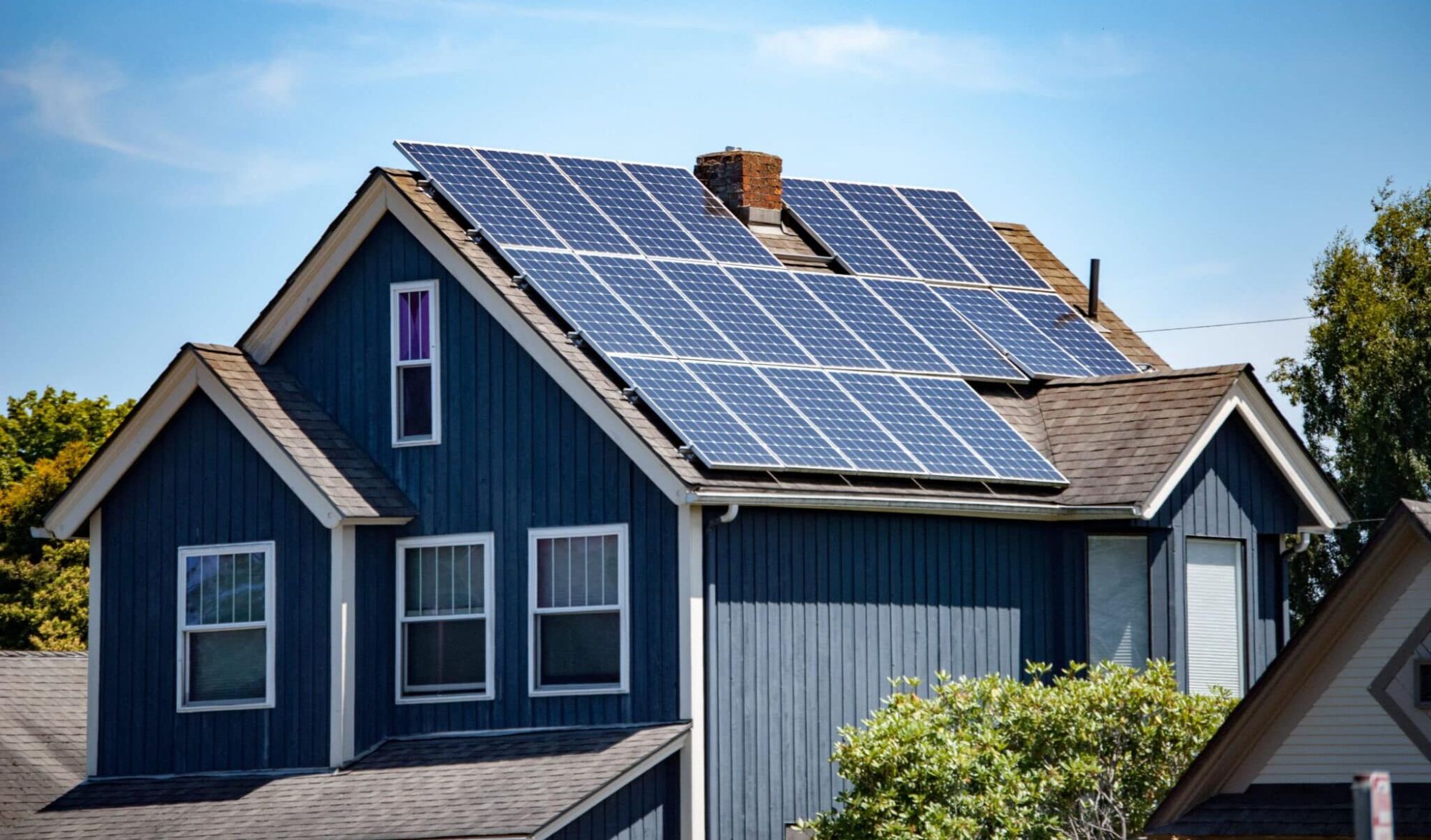Solar Energy Pros And Cons: What Are The Advantages And Disadvantages?


Introduction to Solar Energy
Solar technology’s recent prevalence has seen both large organizations and individual consumers integrate solar power into commercial facilities and homes globally. Solar power’s renewable, eco-friendly supply of energy is attractive, but there are many factors to consider when transitioning to a solar system. This article aims to provide a comprehensive guide to the pros and cons of solar energy, helping potential users determine if it is a sustainable option.
Pros and Cons of Solar Energy
Advantages of Solar Energy
Renewable Energy Source Solar energy is a sustainable and inexhaustible resource. Unlike fossil fuels, which are finite and environmentally damaging, solar power offers a clean alternative, reducing our reliance on non-renewable energy sources.
Reduces Electric Bill Installing solar panels can significantly decrease monthly electricity costs. With rising power prices, solar energy presents a cost-effective solution for many homeowners and businesses.
Energy Independence Solar energy allows for energy independence, particularly when coupled with solar batteries. This setup ensures continuous power supply even during grid outages, enhancing energy security.
Increases Home Resale Value Homes equipped with solar panels often have higher resale values. According to the National Renewable Energy Laboratory, every dollar saved on electric bills through solar increases a home’s value by $20. Additionally, homes with solar panels sell for approximately 4% more than those without.
Long-Term Savings Although the initial investment is substantial, the long-term savings on electricity bills can offset the costs. Typically, homeowners can break even within six to ten years, reaping financial benefits well before the system requires significant maintenance or replacement.
Low Maintenance Solar systems require minimal maintenance. Keeping the panels clean and free of debris ensures optimal performance, with most systems remaining functional for 25 to 30 years with little intervention.
Community Benefits Net metering programs allow consumers to sell excess electricity back to the utility company, further reducing bills and decreasing community reliance on fossil fuels.
Diverse Uses Solar energy’s versatility extends beyond residential applications to remote areas, satellites, and boats, where traditional power sources are impractical.
Rising Power Prices With electricity costs steadily increasing, solar power offers a hedge against rising utility rates, allowing consumers to manage their energy expenses more effectively.
Technological Improvements Advancements in solar technology have improved efficiency and reduced costs, making solar power more accessible. State incentive programs and federal tax credits further enhance affordability.
Disadvantages of Solar Energy
High Initial Costs The upfront cost of installing a solar system is high, averaging around $18,000 before incentives. This can be a significant barrier for many potential users.
Sunlight Dependency Solar energy production is contingent on sunlight, posing challenges in areas with limited sun exposure or inclement weather. While solar batteries can store excess energy, they add to the overall cost.
Installation Complexity Installing solar panels can be complex, often requiring professional assistance, particularly for electrical connections and rooftop installations.
Space Requirements Solar panels and associated equipment require adequate space, which may be limited in urban or densely populated areas.
Expensive Energy Storage Solar batteries, essential for storing excess energy, can be costly. Prices vary widely, with residential lithium-ion systems ranging from $7,000 to $14,000.
Environmental Impact of Manufacturing The production of solar panels involves mining and manufacturing processes that emit greenhouse gases. However, solar panels typically offset these emissions within one to four years of use.
Relocation Challenges Moving a solar system is difficult and expensive, making it a less flexible option for those who relocate frequently.
Material Scarcity The raw materials required for solar technology are finite, raising concerns about future availability and environmental impact from mining.
Disposal and Recycling Issues Disposing of solar panels presents environmental challenges due to harmful substances. Currently, recycling options are limited, necessitating proper disposal methods.
Sustainability of Solar Energy
Solar energy is more sustainable than fossil fuels, but its production has environmental impacts. While solar panels offset their carbon footprint within a few years, the scarcity of materials and disposal challenges remain concerns. Advances in recycling and manufacturing processes are essential for improving solar energy’s overall sustainability.
Suitability for Different Users
Solar energy is suitable for a wide range of users, from large industries to individual consumers. Those with the financial means to invest in solar installations will benefit from long-term savings and environmental benefits. Solar loans can make solar power accessible to more consumers, offering a viable option for those without substantial upfront capital.
Cost-Effectiveness of Solar Energy
The cost-effectiveness of solar energy varies based on location, available incentives, and net metering options. While the initial investment is high, the long-term savings and environmental benefits make it a worthwhile consideration for many consumers.
Future Outlook for Solar Energy
Solar energy is poised for continued growth, driven by technological advancements and decreasing costs. The sun’s abundant energy presents a promising solution for the future energy landscape, with increasing adoption expected in both residential and commercial sectors.
Frequently Asked Questions (FAQs)
What are the advantages of solar panels? Solar panels reduce electricity bills, lower carbon footprints, prepare homes for grid outages, and increase property values.
How long do solar panels last? Solar panels typically maintain peak performance for 25-30 years, with a gradual decline in efficiency thereafter.
Do solar panels work in the rain? Yes, solar panels produce electricity in the rain, though at reduced levels. Solar batteries can provide backup power during cloudy or rainy periods.
Do solar panels work in the winter? Solar panels function in winter, though efficiency may decrease due to shorter days and potential snowfall. Cold temperatures do not impact panel efficiency.
Conclusion
The benefits of solar energy outweigh the drawbacks for many users. With technological advancements and cost reductions, solar power offers a sustainable and cost-effective energy solution. As the world shifts towards renewable energy, solar power will play a crucial role in meeting future energy needs.
John Reuter
Integrity Homes
608.669.4226
Real Broker, LLC
Categories
- All Blogs (201)
- All Things Waunakee (7)
- Benefits (7)
- Communities (12)
- Decorating (7)
- Deployment (2)
- Easements (3)
- Energy Efficiency (4)
- First-Time Homebuyers (22)
- Home Inspection (1)
- Home Maintenance (1)
- Home Selling (19)
- Home Value (13)
- Homes for Heroes (8)
- Housing Assitance (7)
- Interest Rates (5)
- Market Trends (62)
- VA Loans (5)
- Veterans (8)
- Waunakee Housing Market (2)
- Well, Water, Septic Systems (4)
Recent Posts










GET MORE INFORMATION

